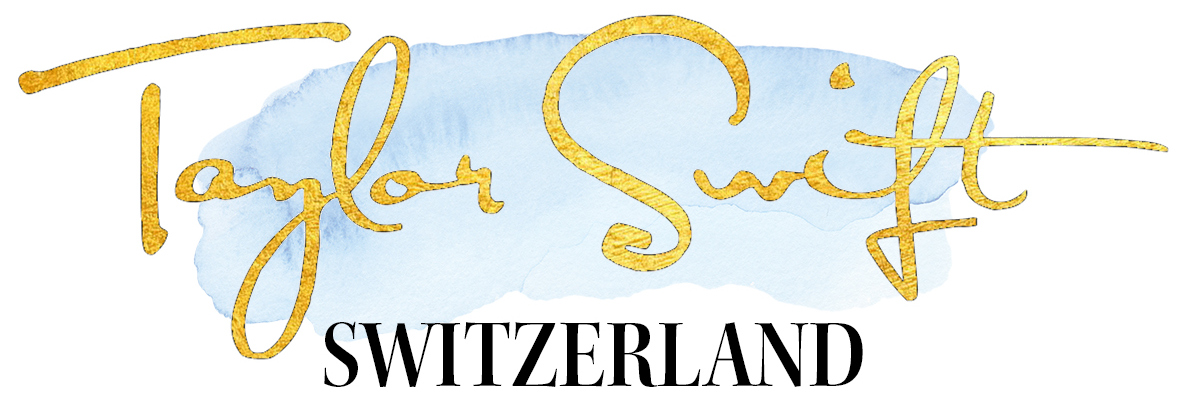
Taylor Swift is on track to chart one of the highest-grossing tours of all time, with projections that she could sell $450 million worth of tickets on her Reputation stadium tour which kicks off this summer.
Swift is using a strategy deployed by Jay-Z and bands like The Rolling Stones -- price tickets high and have seats available on the primary market up until the day of show. That means few, if any, early sellouts but huge revenues, as tickets, especially premium seats, are marked up much higher than previous tours. While several recent stories have warned of poor ticket sales -- including a New York Postarticle this morning -- those close to Swift say the “Look What You Made Me Do” singer sold $180 million worth of tickets in the first seven days of sales -- that’s four days of sales through the Verified Fan platform and three days of sales to the general public that began Dec. 13. Swift is planning to add eight more shows to the North American leg of her tour for a total of 41 shows, with double, and in some cases triple, visits to major cities.
In markets like Los Angeles, Swift has sold 110,000 tickets for her May 18 and 19 concerts at the Rose Bowl, an increase of 36 percent over her 2015 visit, where she performed six shows at Staples Center for 81,000 fans. Thousands of tickets for both Rose Bowl concerts are still available and promoter Louis Messina told Billboard in December he was confident every show on the tour would sell out over the next five months. (The Reputation Tour kicks off May 8 in Glendale, Arizona.)
Sources now tell Billboard each show on the tour is forecast to sell between $7.5 million and $10 million worth of tickets. Couple that with six shows in Europe and five shows in Australia and New Zealand, and Swift is looking at earning anywhere between $390 million and $510 million for the Reputation Tour, putting her on track to have one of the top-grossing tours of all time based on Billboard Boxscores. (A request for comment from representatives for Swift and promoter AEG was not returned as of press time.)
Swift is looking at a huge earnout despite not having sold out a single show on her tour, a stark contrast from her "1989 Tour" in 2015 which sold out in seconds. Swift watched as tickets were rapidly bought up by scalpers and bots and then resold on secondary sites like StubHub at high markups, sometimes three, four or five times face value. Hoping to capture more of the revenue for her "Reputation Tour", Swift sold her tickets at much higher prices than in previous years, fetching upwards of $500 for floor seats, $800 for pit passes and $1,500 for VIP tickets.
The idea is to charge what people end up eventually paying for the ticket on the secondary market, capturing the revenue for the artist and making it more difficult for scalpers to flip the tickets on the secondary. While the practice does shift spending toward the artist, several ticketing professionals say they are concerned about how Swift’s high ticket prices will affect consumers.
At Houston's NRG Stadium, where Swift plays Sept. 29, the cheapest tickets are $160 apiece, with some seats listed high up in the rafters selling for $230, meaning a young fan would have to pay between $400-$500 for a pair of tickets to her show.
"Whenever I see an upper deck ticket priced above $200 for a football stadium tour I have a hard time imagining that fan will leave the show thinking they got their money’s worth,” says Patrick Ryan, co-founder of ticketing and distribution company Eventellect. "Regardless of whether they bought that ticket on the primary or secondary market, $200 is a lot to spend on a seat literally in the rafters.”
While Ryan says he believes it is "good that the artist is taking a harder look at the ticket prices and isn’t focused on getting an immediate sellout,” he said the consequences of high ticket prices could mean fans "go to fewer sporting events and other concerts during that same time frame.”
"Overall, it's good and smart for Taylor to price her tickets higher,” he says, "but it could cannibalize other games or shows, because for most consumers, they don’t have an endless budget.”
There’s also a larger question about whether the days of instant tour sellouts are gone, replaced by a “slow ticketing” model where platforms like Ticketmaster’s Verified Fan allow only a few fans to purchase tickets at a time. After running a month-long promotion for Taylor Swift Tix where fans were encouraged to buy her albums and merchandise in order to “boost” their chances of getting a good ticket, Swift began selling a small number of tickets to fans on Dec. 5, only allowing three people at a time into the purchase queue to complete transactions.
As each day of the Verified Fan presale passed, more buyers were allowed into the sales queue -- the idea was to weed out scalpers who often overwhelm an onsale with ticketing bots and automated programs that allow them to buy up tickets faster than fans. What Ticketmaster wants to avoid is having all the tickets sell out in seconds and then have fans turn to sites like StubHub for available tickets.
"We'd like to sell the last ticket to her concert when she takes the stage each night," David Marcus, executive vp and head of music at Ticketmaster, told Billboard last month. "We're not trying to sell all of her tickets in one minute; we're trying to figure out how to sell tickets in a more modern way.”
Source: Billboard







Write a comment